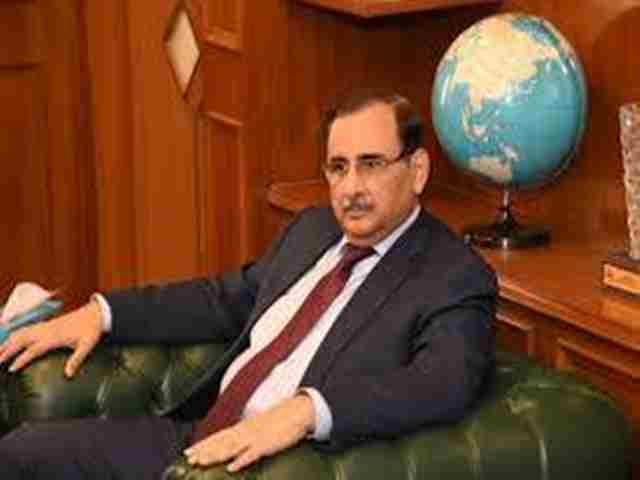Business leaders have raised serious concerns over the continuous intervention of the International Monetary Fund (IMF), warning that its influence is exacerbating Pakistan’s economic struggles.
The Federation of Pakistan Chambers of Commerce and Industry’s Businessmen Panel (BMP) has sounded the alarm over the government’s plans to introduce a mini-budget worth Rs360 billion, which will impose additional taxes on nearly 140 industrial raw materials and essential goods. The plan also includes raising tax rates on mobile phone calls, further fueling inflation, which is already in double digits.
Mian Anjum Nisar, Chairman of the Businessmen Panel (BMP) and former President of FPCCI, expressed deep concerns over the government’s repeated attempts to introduce new taxes, hike petroleum prices, and increase electricity and gas tariffs. He stressed that these measures, largely driven by IMF directives, will severely impact businesses by raising production costs. According to him, the proposed 17 percent General Sales Tax (GST) on 140 consumable goods and industrial machinery is a direct result of IMF pressures, leaving the industrial sector struggling to stay competitive.
Irfan Iqbal Sheikh, the BMP Presidential candidate in the FPCCI elections, highlighted the dire consequences of the new taxes included in the mini-budget. He explained that the cost of essential goods such as milk, cereals, bakery products, meat, poultry, gold, bicycles, and cars—including electric vehicles—will rise sharply. The IMF’s stringent conditions have pushed inflation to 11.5 percent last month, with the State Bank of Pakistan adjusting its inflation forecast upwards to 11 percent for the fiscal year. The withdrawal of electricity subsidies, another requirement from the IMF, is set to further burden businesses and households alike.
Pakistan has long been one of the IMF’s most frequent clients, repeatedly turning to the institution for financial support despite the harsh economic conditions imposed in return. Sheikh criticized the IMF’s role as a relentless money lender, forcing the government into unfavorable policies such as currency devaluation, new taxation, and substantial increases in energy prices. He lamented that the government has prioritized fulfilling IMF demands over supporting the local trade and industrial sectors.
Mian Anjum Nisar further stated that the government and IMF have agreed to revive the stalled $6 billion program, with a commitment to raising an additional Rs360 billion in taxes through the mini-budget. As part of IMF-imposed conditions, the government is set to reduce the number of income tax slabs for businesses, increasing the tax burden on high-income groups. This will inevitably escalate production costs, making Pakistani products uncompetitive in the global market.
The IMF has also pushed the government to continuously raise electricity tariffs and petroleum prices, imposing a heavy financial burden on businesses and the general public. These frequent increases, dictated by the IMF, are pushing Pakistan’s economy towards a breaking point. The relentless cycle of gas and power tariff hikes, coupled with rising fuel prices twice a month, threatens to cripple the economy.
The BMP leadership has urged the government to resist IMF-driven policies that prioritize revenue generation at the expense of economic stability. Without addressing these concerns, Pakistan’s industrial and trade sectors will continue to suffer, leading to reduced competitiveness on the global stage and worsening economic hardships for the nation.
